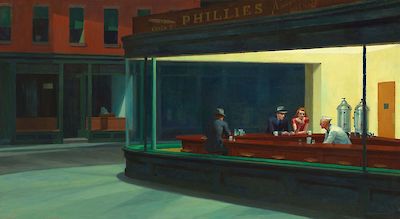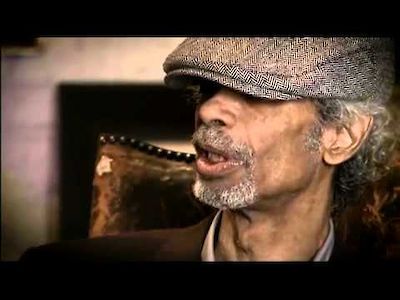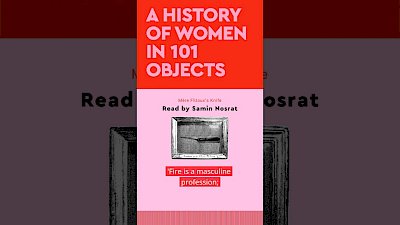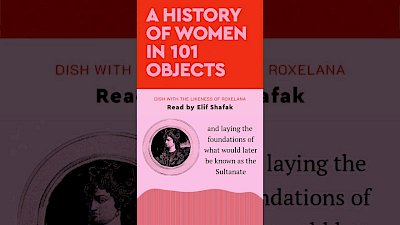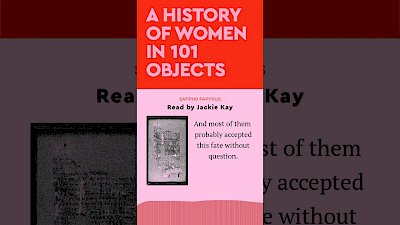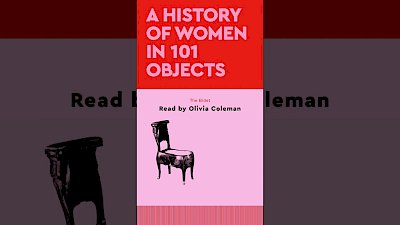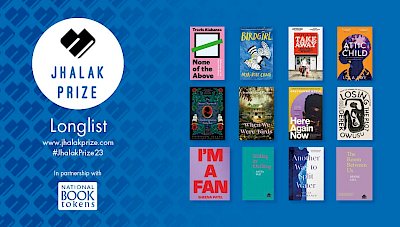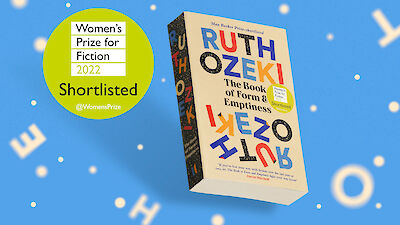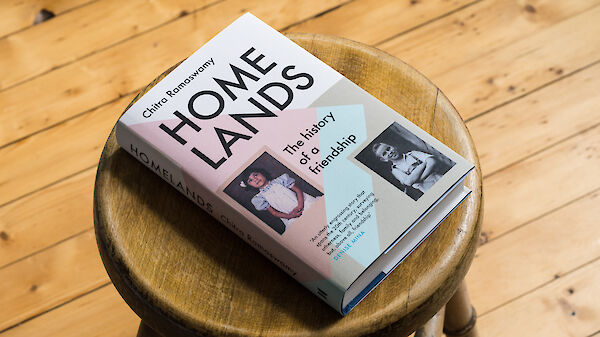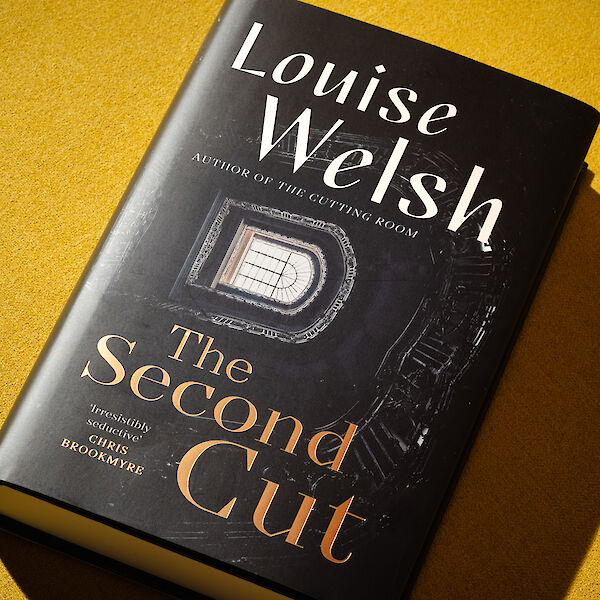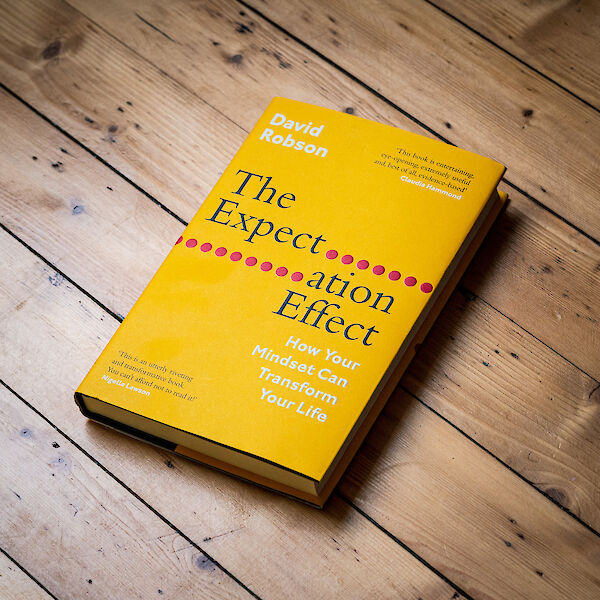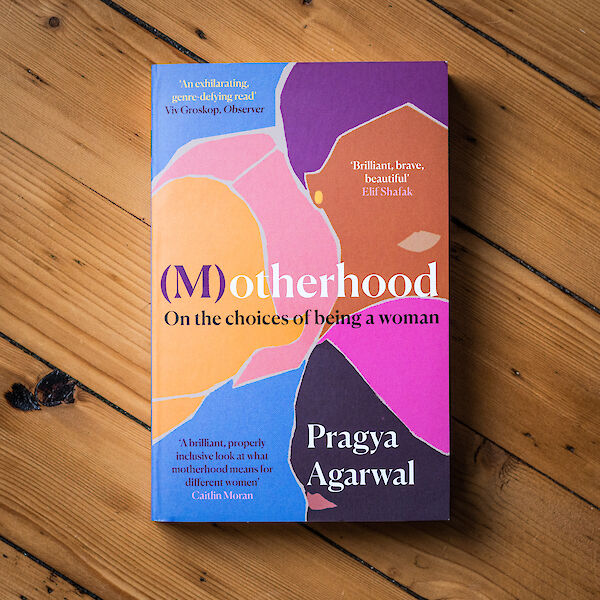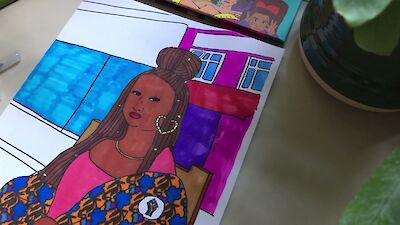Canongate’s own Jamie Byng interview’s Gil Scott-Heron in 2010. This year would have marked Gil’s 68th birthday. His posthumously published, indelible memoir The Last Holiday is now a Canon.
Listen to an extract from A History of Women in 101 Objects: ‘Knife’, read by Samin Nosrat.
Listen to an extract from A History of Women in 101 Objects: ‘Dish With the likeness of Roxelana’, read by Elif Shafak.
Listen to an extract from A History of Women in 101 Objects: ‘Sappho Papyrus’, read by Jackie Kay.
Listen to an extract from A History of Women in 101 Objects: ‘15 Malleus Maleficarum’, read by Margaret Atwood.
Listen to an extract from A History of Women in 101 Objects: ‘The Bidet’ as read by Olivia Colman

Patience Agbabi time travels into the CBBC Book Club to talk about The Time-Thief (the second adventure for the Leaplings after The Infinite) and some of its real world inspirations!
CBBC Book Club
Watch Patience Agbabi on the BBC’s Authors Live as she introduces her time-travelling Leaplings, reads from The Infinite, answers some questions from young readers and more!
BBC Authors Live
Draw-along with Kazvare, author of Stay Woke, Kids! Download the image for printing here.
